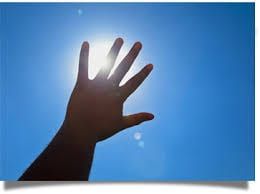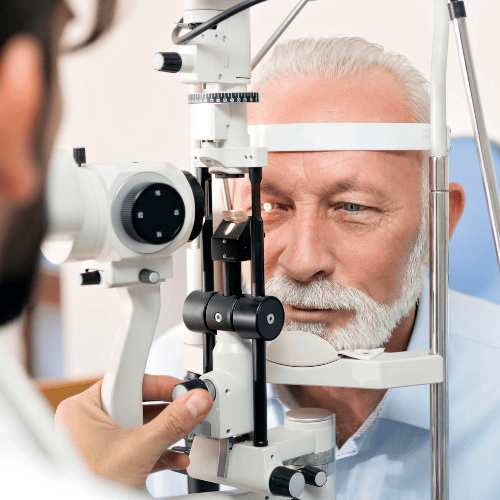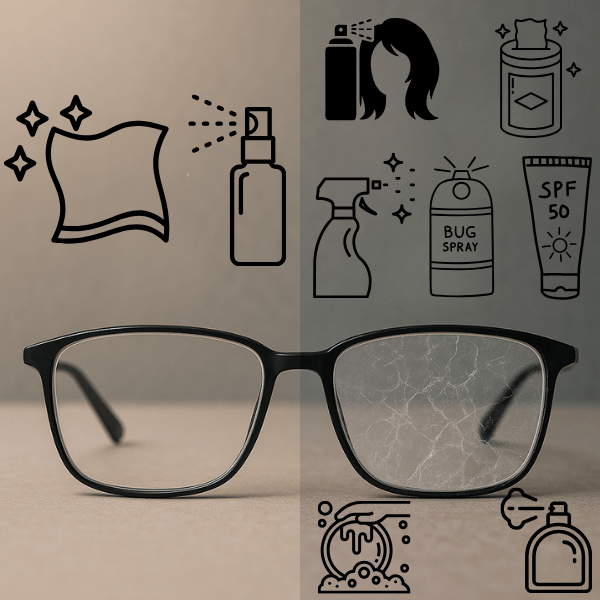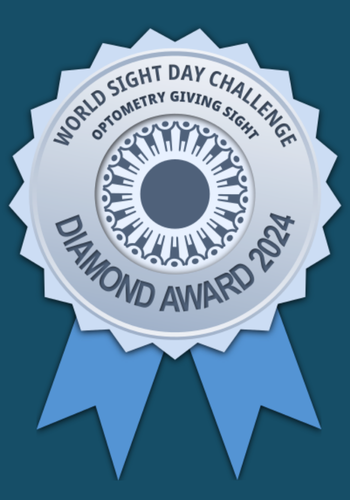Spring is finally here, and with it comes more opportunities to get outside and enjoy the weather we’ve been missing for many months. Here are some things to consider before venturing out to the ball diamond, soccer field or golf course.
REMEMBER YOUR EYES DURING OUTDOOR ACTIVITIES
Ultraviolet Light
It is very important to protect the eye from the harmful UV rays that are emitted from the sun, as exposure can lead to future vision complications such as macular degeneration, cancer, and cataracts. In Alberta, we have high sun exposure from April to September due to longer days and more direct angles, and in the winter, we have exposure from reflected light off snowy surfaces. As Canadians loving the outdoors, we need to be aware of the damage UV rays can do to the eyes and use sunglasses to prevent future complications.
Protection from Injury
With increased exposure during the warmer season, spending time with beloved dogs, cats, horses,(or other animals that shed fur or dander) or participating in general outdoor activities, getting debris in the eye is not uncommon. Debris in the eye, however, is not necessarily harmful as the eye is designed to get rid of foreign objects on its own. The first defense is your eye lids: BLINK. By blinking, your built-in windshield wipers will push the object to a safer place to move out or remove. Tearing or watering also helps by moistening the eye and helping to flush the object out. If your natural tears aren’t enough to dislodge the object, artificial tears (eye drops, solution, saline, or an eye wash station) can be added to help flush debris out of the eye. It is safest to use saline or drops first because they are bacteria free and designed to match the eye’s pH. Try to avoid using a sink as tap water may contain contaminants that can further damage the eye. Never rub your eyes when you suspect something has gotten in there as this action may push the object further into the tissues causing further damage.
Some eye injuries can result in more serious internal eye damage. If your vision suddenly decreases, you have acute pain or notice flashes of light or dark spots in your vision, please call us right away so our eye doctors can check you for problems. As always, we recommend yearly eye exams to ensure your vision performance is optimized, and that any changes in your eye health or signs of disease are monitored.
Alberta health care covers visits to an optometrist for any emergency eye health concerns, as well as routine annual visits for people 18 and under or 65 and over.
-Janelle King












